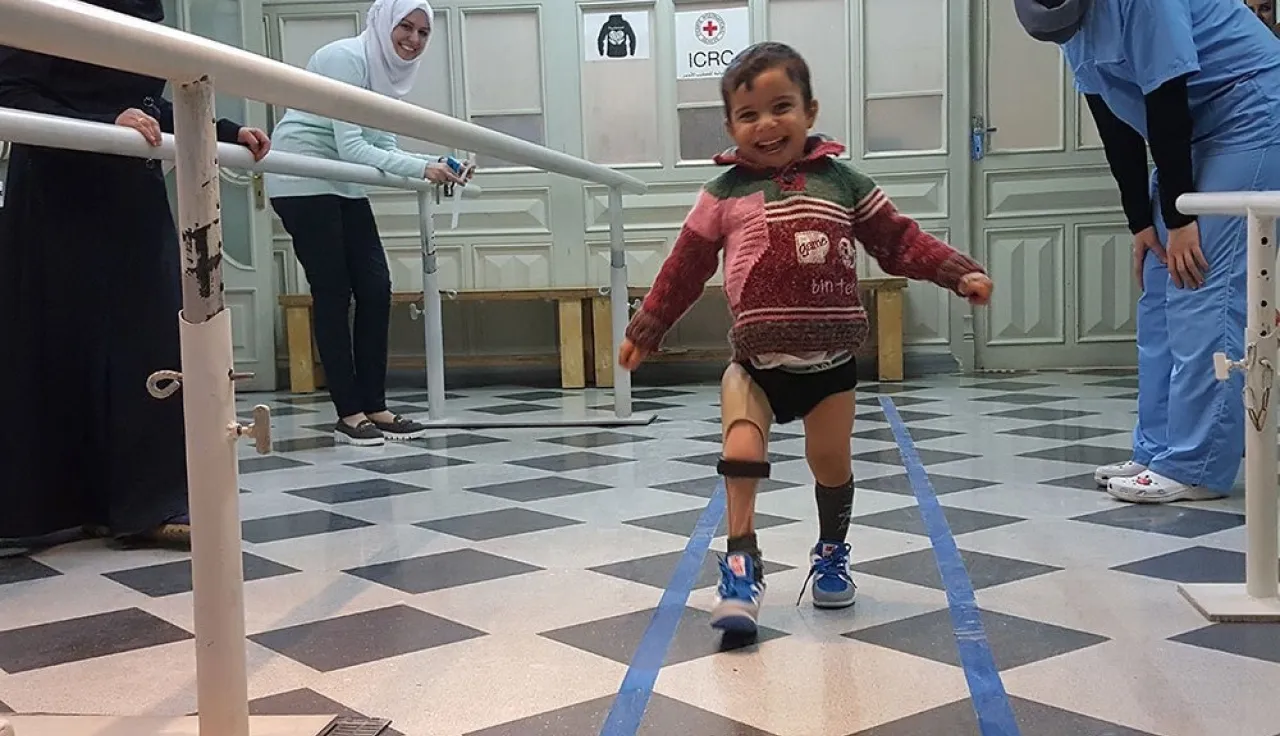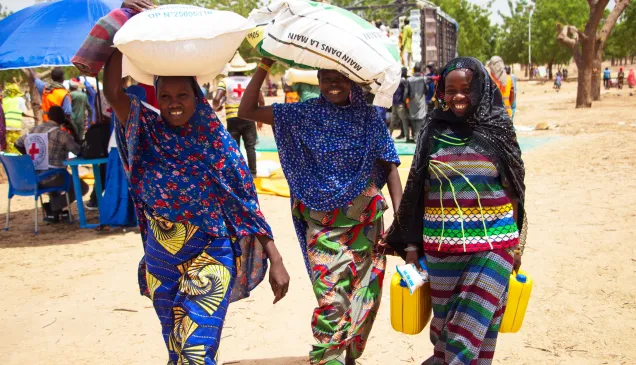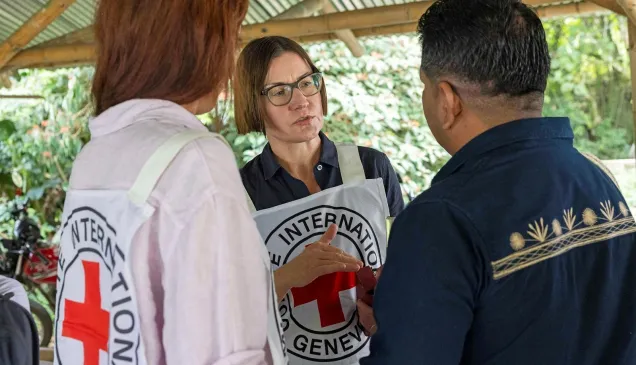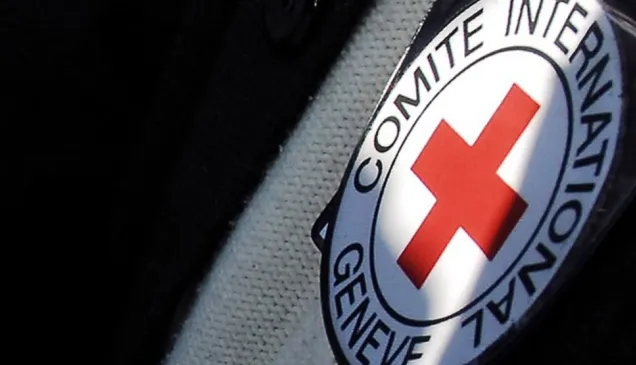Geneva (ICRC) - The ICRC has created the world's first "Humanitarian Impact Bond" to help transform the way vital services for people with disabilities are financed in conflict-hit countries.
The capital raised – 26 million CHF – will be used to build and run three new physical rehabilitation centres in Africa (Nigeria, Mali and Democratic Republic of Congo) over a five year period, providing services for thousands of people. The payment-by-results programme also includes the necessary training for the new staff as well as the testing and implementation of new efficiency initiatives.
The innovative funding mechanism has been created to encourage social investment from the private sector, to support the ICRC's health programmes. A rising number of conflicts as well as a growing annual budget of the ICRC are the driving forces for this innovative funding model.
Of the 90 million people with physical disabilities who need a mobility device worldwide, only 10%, on average, have access to adequate physical rehabilitation services, leading to both social and economic exclusion.
The ICRC is the world's largest provider of physical rehabilitation services in developing and fragile countries. In 2016, the Physical Rehabilitation Programme operated 139 projects in 34 countries, helping almost 330,000 people with physiotherapy and mobility devices including wheelchairs, artificial limbs and braces.
Peter Maurer, the ICRC's president, said:
"Today's humanitarian challenges are immense, causing suffering for many millions of men, women and children around the world. This funding instrument is a radical, innovative but at the same time, logical step for the ICRC. It is an opportunity not only to modernise the existing model for humanitarian action, but to test a new economic model, designed to better support people in need."
"We hope that once the pilot project is proven, it will demonstrate that non-traditional financing models can work. There is great potential for investments that are built around improving the social, environmental and economic conditions so that humanitarian action advances in impact, effectiveness and scale in ways never seen before."
How it works
The "Humanitarian Impact Bond" is legally known as the Program for Humanitarian Impact Investment. It is not a "bond" but a private placement. The initial payments by 'Social Investors' - (New Re, part of Munich Re Group) and others identified by co-sponsor Bank Lombard Odier - enable the ICRC to run the activities at each rehabilitation centre and hence expand the ICRC's Physical Rehabilitation Programme (PRP).
At the end of the 5th year, 'Outcome Funders' - governments of Belgium, Switzerland, Italy, the UK and "la Caixa" Foundation - will pay the ICRC according to the results achieved. These funds will in turn be used to pay back the social investors partially, in full or with an additional return, depending on how well the ICRC performs in terms of the efficiency of the new centres.
Independent auditors will verify the ICRC's reported efficiency in the three new centres. The efficiency - the ratio of how many people receive mobility devices per physical rehabilitation professional – is compared to existing centres. If above the benchmark, the social investor will receive its initial investment plus an annual return. If the performance of the new centres is, however, below the benchmark, then it will lose a certain amount of the initial investment.
For further information please contact:
Christoph Hanger, ICRC Geneva, tel: +41 79 574 06 36




